Fructose is similar to glucose but is absorbed slower. In your liver, fructose is converted into glucose. There has been a lot of discussion about how fructose is metabolized in your body differently than glucose, but this does not seem to have much practical importance for healthy people.
Possible benefits
Fructose is sweeter than glucose and sucrose, so you can use it less to achieve the same sweetness and thus consume less calories.
Fructose has a low glycemic index, which means that it increases blood glucose levels less than glucose, so it is considered an appropriate sweetener for diabetics.
Fructose is absorbed slower than glucose, so by mixing fructose and glucose in a sport drink, you can get a more sustainable source of energy.
Possible harms
There is no convincing evidence about the association between fructose consumption and weight gain that would be greater than the one from glucose or sucrose.
In some individuals, large amounts of fructose (>50 grams per day) can increase the blood triglyceride levels.
In individuals with fructose malabsorption (which is relatively common), consumption of even small amounts of glucose, for example 5 grams, can trigger abdominal bloating, excessive gas, nausea and diarrhea. Foods highest in fructose are apples, pears, mangoes, agave, honey and beverages with high fructose corn syrup (HFCS).
In individuals with a rare genetic disorder fructose intolerance, even very small amounts of glucose (less than 1 gram) can cause severe abdominal pain and nausea and larger amounts can be life-threatening.
High-Fructose Corn Syrup (HFCS)
HFCS is a liquid sugar, which is semi-artificially produced from corn syrup. It is mainly used in soft drinks, such as cola. It contains 55% fructose, so it is not much different from sucrose which contains 50% fructose. In HFCS, fructose and glucose are split, while in sucrose they are bond together, though.
According to one review of studies in Physiological Reviews, there is no evidence of any harmful effect of HFCS that would be greater than those of sucrose.


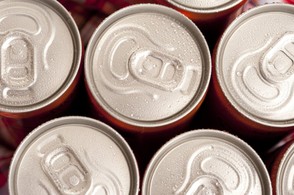
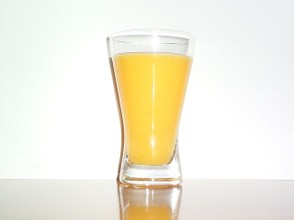
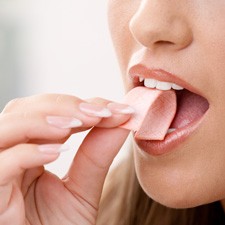

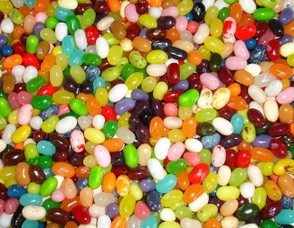

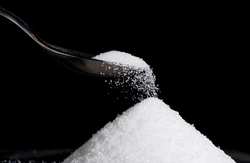

 Headache on the Back of the Headon 03/11/2016
Headache on the Back of the Headon 03/11/2016
 Alcohol-Related Headacheon 03/09/2016
Alcohol-Related Headacheon 03/09/2016
 5 Myths About Water Drinkingon 03/09/2016
5 Myths About Water Drinkingon 03/09/2016


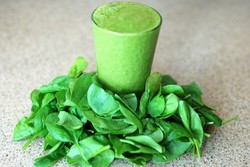
Comments
The main consequence of exceeding Acceptable Daily Intake are gastrointestinal issues, like bloating and diarrhea. Fructose, sorbitol and other polyols (xylitol, maltitol) most likely cause these issues.
It is amazing how much sugar is included in SO many foods. I stay away from sugar, I think of it as poison, expect for pure maple syrup and stevia which I rarely use. The science behind sugar is very interesting impacting the human body in so many ways. Great article, thanks for adding the daily allowances, I had no idea how much stevia I could use daily, I buy the liquid type, I find it is easier to add when cooking.